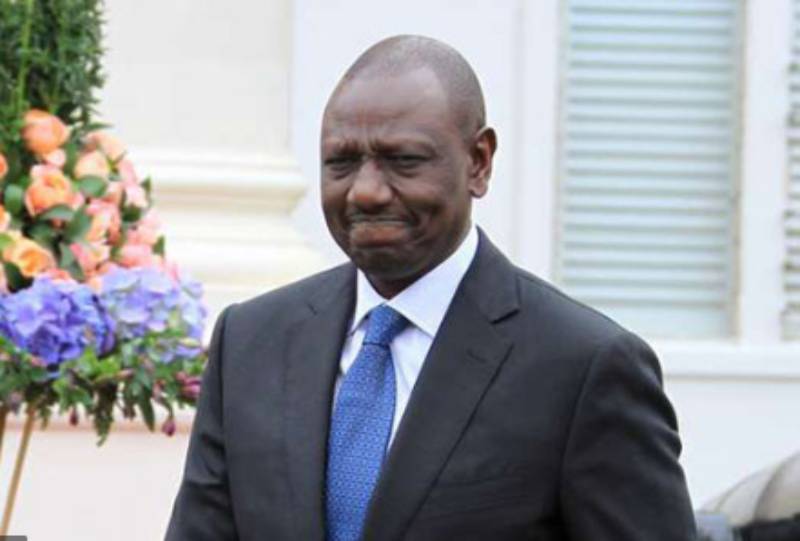×
The Standard e-Paper
Fearless, Trusted News

Deputy President William Ruto (pictured) is only 54 years old. In the 2032 election, he will be 66. In other words, he has a lot of time to prepare if he really wants to be president. In 2013, ODM chief Raila Odinga was 68. This is not to say that Ruto should not run in 2022 or 2027. Instead, it is a reminder that he should think long-term.







